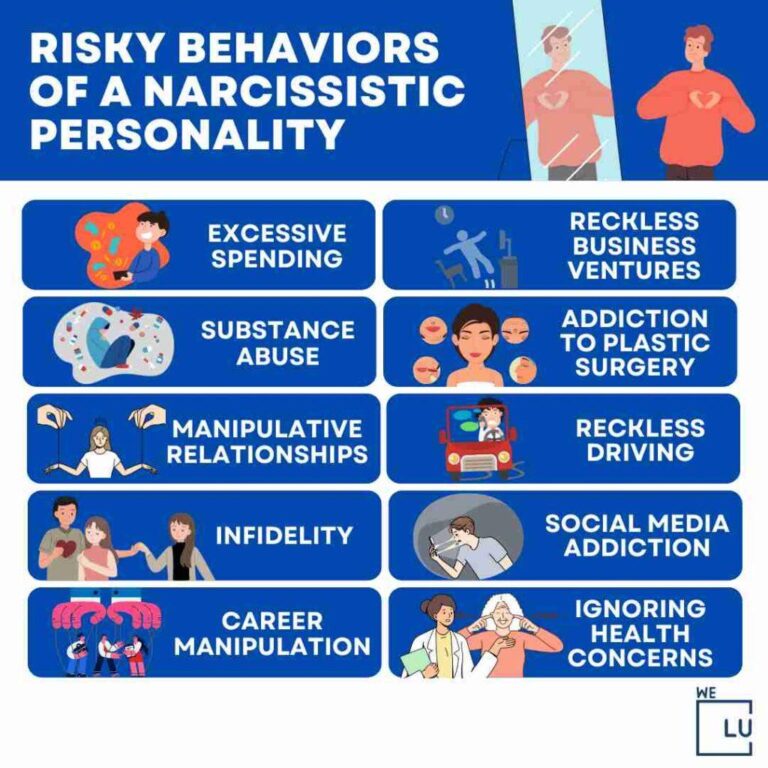Have you ever worked on a team where one person’s constant need for admiration and control left everyone feeling drained, unheard, and undervalued? Narcissistic behavior in the workplace doesn’t just cause occasional annoyances—it slowly erodes the very foundation of trust and morale that a team desperately needs to thrive. It’s like watching a contagious wildfire spread, turning collaboration into conflict, and enthusiasm into exhaustion. In this article, we’ll dive into the emotional toll narcissism takes on teams, unmask the damaging patterns behind it, and explore why understanding this toxic behavior is the first step toward healing and rebuilding a healthier, more supportive work environment.
Table of Contents
- The Silent Saboteur Undermining Collaboration and Confidence
- Unmasking the Emotional Toll on Team Members
- Practical Strategies to Rebuild Trust and Foster Empathy
- Cultivating a Culture That Rejects Narcissism and Embraces Unity
- The Conclusion
The Silent Saboteur Undermining Collaboration and Confidence
In every team, a hidden force can quietly erode the foundation of trust and collaboration. This insidious presence often manifests through subtle manipulation and an overwhelming need for control, leaving colleagues feeling undervalued and unheard. When narcissistic tendencies take hold, the workplace becomes a battleground rather than a sanctuary. The constant overshadowing of others’ contributions and the relentless pursuit of personal recognition create a toxic atmosphere that stifles creativity and silences diverse perspectives.
The impact goes beyond just bruised egos — it tangibly damages the team’s dynamics by sowing doubt and fostering resentment. Signs to watch out for include:
- Gaslighting that distorts reality and makes teammates question their judgment.
- Inconsistent feedback that shifts to suit the narcissist’s needs.
- Undermining success to maintain a rigid hierarchy centered on themselves.
Healing begins with acknowledging this silent saboteur and empowering every voice at the table. Only then can confidence and true collaboration blossom anew.
Unmasking the Emotional Toll on Team Members
When a narcissistic individual dominates a team, the emotional landscape quickly shifts from collaboration to survival mode. Team members often find themselves walking on eggshells, constantly second-guessing their actions to avoid triggering the narcissist’s unpredictable outbursts. This chronic stress breeds anxiety, frustration, and a pervasive sense of helplessness, which deeply erodes self-confidence. Over time, the relentless emotional strain can lead to burnout, leaving employees drained not just physically but mentally and emotionally.
Behind the scenes, the toxic environment fractures trust and sabotages the very foundation of teamwork. Colleagues become wary of sharing ideas or voicing concerns, fearing backlash or manipulation. Common feelings experienced by team members include:
- Isolation: A sense of being singled out and unsupported.
- Resentment: Growing bitterness towards the narcissist and the unfolding circumstances.
- Self-doubt: Questioning one’s worth and capabilities due to relentless criticism.
- Hopelessness: A fading belief that things can improve or change.
Understanding this emotional toll is essential not only to recognize the damage but also to rebuild a healthier, more empathetic workplace where every voice feels valued.
Practical Strategies to Rebuild Trust and Foster Empathy
Rebuilding trust in a team fractured by narcissistic behavior demands intentionality and vulnerability from every member. One powerful approach is to create safe spaces for open communication, where individuals feel heard without fear of judgment or retaliation. Encouraging regular check-ins, either through one-on-one meetings or group forums, helps surface concerns before they fester. Alongside this, establishing clear and consistent boundaries around respectful behavior sends a strong message: the wellbeing of the team trumps any individual’s ego. Recognizing and celebrating small wins together also nurtures a sense of collective achievement, eroding the isolation often bred by narcissism.
Fostering empathy begins with active listening—not just hearing words but truly *understanding* the emotions and perspectives behind them. Leaders can model this by validating feelings and acknowledging the toll unhealthy dynamics have taken on morale. Practical exercises like role reversal or empathy mapping encourage team members to step into each other’s shoes, breaking down walls built from misunderstanding and hurt. Additionally, emphasizing shared goals over personal agendas can transform fractured relationships, inspiring collaboration rooted in mutual respect and care. Healing a team’s trust is a gradual process, but with patience and commitment, empathy can become the cornerstone of a renewed, resilient team culture.
Cultivating a Culture That Rejects Narcissism and Embraces Unity
In any team environment, the seed of true collaboration is planted when every voice feels heard and valued. Rejecting narcissism means actively fostering empathy and humility, encouraging team members to prioritize collective success over individual acclaim. When acknowledgment is shared rather than hoarded, trust flourishes, and a sense of belonging takes root. It’s about creating an atmosphere where people don’t just coexist but deeply connect—knowing their contributions matter without the fear of being overshadowed or manipulated.
Building this unity requires intentional actions such as:
- Establishing open communication channels where feedback flows freely and respectfully.
- Celebrating collective achievements to reinforce the power of teamwork over individual spotlight.
- Modeling vulnerability and authenticity from leadership, breaking down walls of self-centered posturing.
These steps cultivate an environment where people thrive through mutual respect, creating unstoppable synergy—one that leaves narcissistic behaviors isolated and ineffective.
The Conclusion
In the end, narcissistic behavior isn’t just a personality quirk—it’s a silent saboteur that tears apart the very fabric of a team’s spirit. When trust erodes and morale crumbles under the weight of self-centered actions, the ripple effects are profound and lasting. Recognizing these destructive patterns is the first step toward healing and rebuilding a culture where every voice feels valued and every individual can thrive. Because at the heart of every successful team lies empathy, respect, and genuine connection—qualities that no amount of narcissism can ever replace. Let’s commit to fostering workplaces where collaboration wins over ego, and trust becomes the foundation of every achievement.

